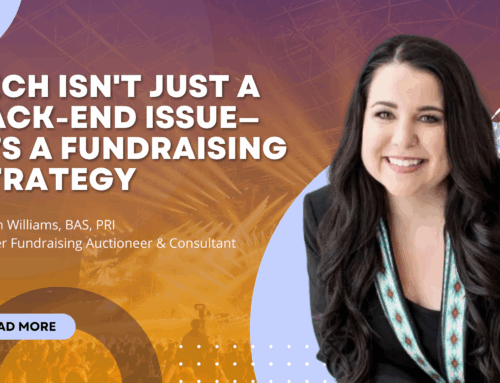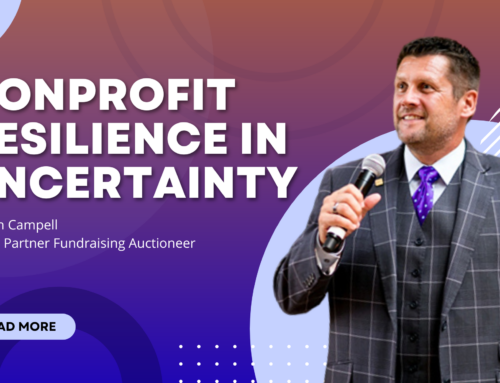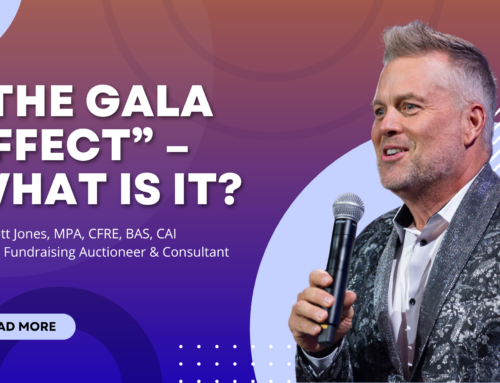By: Scott Jones, MPA, CFRE, CAI, BAS
Nonprofits are often charged with executing a program evaluation to assess the impact and outcomes of existing programs or initiatives. Program evaluations are leveraged for several reasons by the fundraising professionals. Fundraising professionals have determined that implementing program evaluations can be extremely purposeful. Have you ever considered using the framework of a program evaluation to do a systematic evaluation of your special events? Evaluations of any kind are intended to determine the effectiveness of a task and to identify areas for improvement. So why not consider doing a strategic evaluation of last month’s gala?
The purposes of an evaluations of an event could provide:
- Means to improve and streamline the next event.
- Useful for problem solving to improve measurable outcomes.
- Provide opportunities to learn more about donor experience.
- Illustrates more accurate evidence of fundraising outcomes.
- Offer important data that can be shared with stakeholders, major donors, and sponsors for future decision making.
- Instill confidence in constituents and promote continued and newfound support.
- Save organizations money by strengthening event fundraising systems and encourage donor satisfaction.
- Provide valuable reports on the effectiveness of the event and the overall impact and “what works and why it’s working.”
- Metrics help create detailed donor and prospect profiles.
Evaluating a fundraising event is crucial for nonprofit organizations to assess their performance, identify areas of success, and pinpoint opportunities for improvement. By evaluating fundraising events, nonprofits gather accurate data about their organization’s performance. Metrics such as donor participation, revenue generated, and costs incurred provide valuable insights. Evaluation allows nonprofits to create detailed profiles of donors and prospects. Understanding their preferences, behaviors, and engagement levels helps tailor future strategies effectively.
Event evaluations are vital because they help with informed decision-making. Metrics enable evidence-based decisions. For instance, tracking the retention rates of donors who receive handwritten thank-you notes helps determine their impact on donor loyalty. Finally, evaluations can eliminate guesswork.
Without metrics, nonprofits would rely on speculation.






